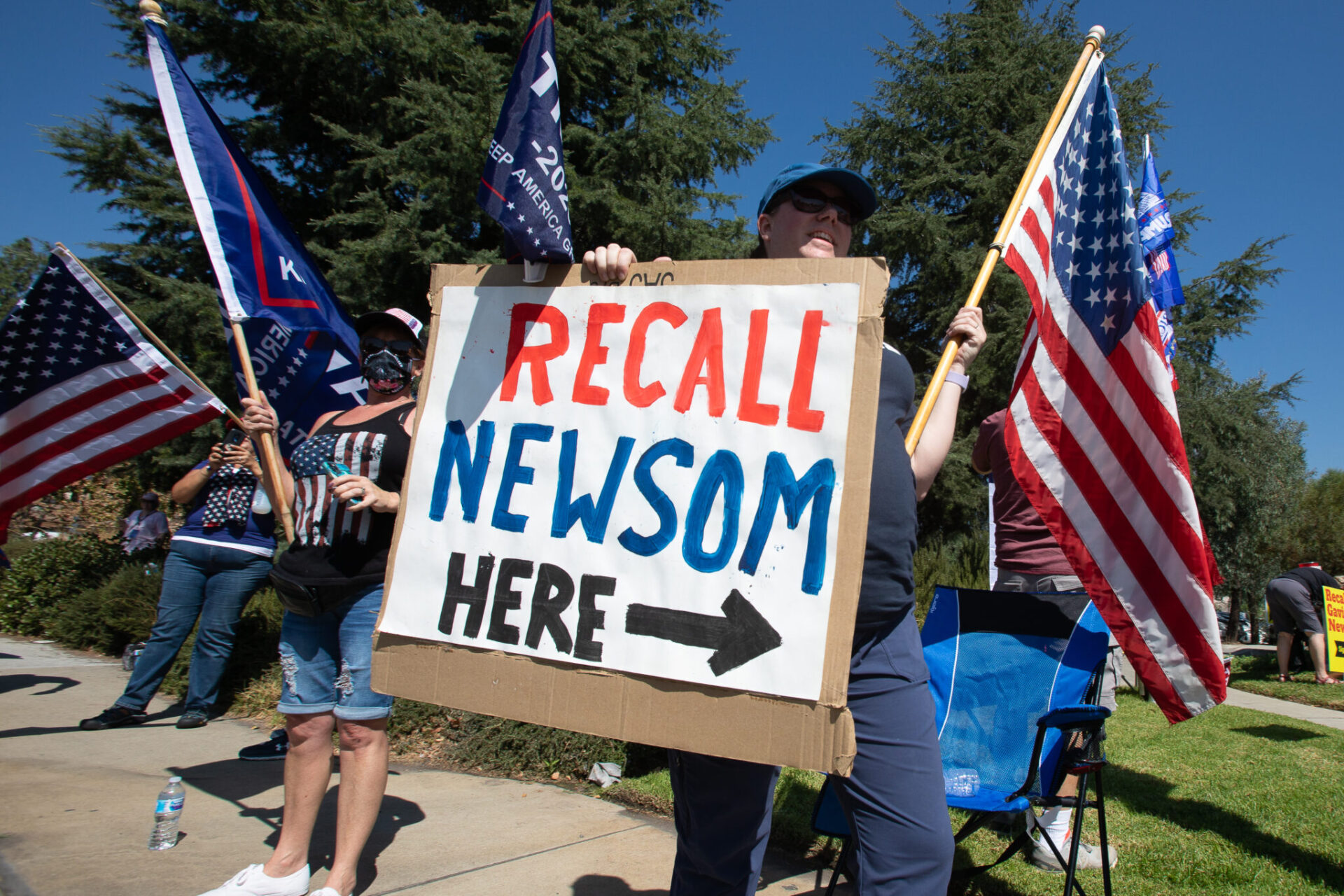
Well, the legislative session for 2021 is now in full swing, and as usual in the land of Hollywood, California’s flair for the dramatic is shining through. As I write this article, the Secretary of State has just announced that there will be a recall election for Governor Newsom. And as usual, this will not be just any recall. Much in the same way that former Governor Arnold Schwarzenegger was elected in the recall election of former Governor Gray Davis, a former porn star and former Olympic gold medalist Caitlyn Jenner will headline the ticket to try and unseat Governor Newsom. Other candidates who have announced include model Angelyne, former pastor and tech industry executive Sam Gallucci, former diplomat Ric Grennel and former congressman Doug Ose. At this point, no Democrats have thrown their hats into the ring, not wanting to dilute the vote. But who knows what the outcome will be with this election.
On the flip side, we do know is that there could be some unforeseen benefit of a recall election. As politicians do, getting reelected is paramount. With the state sitting on a $15 billion+ state budget surplus and with billions more coming from the federal government, this Governor is going to do everything he can to solve problems and satisfy constituents.
The feds are sending $150 billion on federal virus relief, of which more than half will go to residents in the form of those $1,400 checks. In addition, $15.9 billion will go to schools, $3.6 billion to the state’s vaccine efforts, $16 billion to counties and cities, and $26 billion to state services impacted by the pandemic. With money left over, water, education and business relief will be at the top of the list. Senator Pro Tempore Toni Atkins has proposed a $2 billion water plan to address strategic, non-controversial, shovel-ready water projects. That proposal alone will probably generate $20 billion in proposals. Nonetheless, this governor will be looking to appease as many people as possible.
New Bills
In the meantime, the state legislature is hard at work in this legislative session, introducing bills ranging from banning neonicotinoid pesticides, providing supplemental paid sick leave for COVID-19 and banning internal combustion engines in light duty trucks. When it comes to legislation, California leaves no stone unturned! Here are a few of the more closely watched ones this year:
AB 84 (Ting)/SB 95 (Skinner) – SB 95 has already passed out of the legislature and was signed by the Governor. It mandates paid sick leave (PSL) up to 80 hours retroactive to January 1, 2021.
AB 284 (Rivas) – would establish goals and methods to track greenhouse gas emissions and sequester carbon from working lands over time.
AB 364 (Rodriguez) – would expand application of foreign labor contractor registration provisions.
AB 377 (Rivas) – would change state and regional authority for water quality laws to step up enforcement of water quality laws.
AB 391 (Villapudua) – would provide funding for pollinator habitat development.
AB 525 (Chiu) – would saddle electricity ratepayers with huge costs to help pay for offshore wind generation.
AB 616 (Stone) – would create the “card check” program for union organization and do away with the secret ballot.
AB 1001 (Garcia) – would create duplicative requirements for environmental impact reports for permitting and would require facilities to look at “cumulative” impacts, not just their own.
AB 1218 (McCarty) – would ban the use of internal combustion engines in light duty trucks by 2035.
SB 11 (Rubio) – would provide a backstop for property insurance for farms and ranches in response to the disaster created by the major wildfires over the past couple of years.
SB 559 (Hurtado) – would create fund for the restoration of the Friant-Kern Canal damaged by subsidence.
SB 606 (Gonzalez) – would substantially increase penalties under Cal/OSHA for major violations.
SB 667 (Archuleta) – another bill that would increase costs for electricity ratepayers, this time for hydrogen infrastructure.
Funding Issues
In addition to legislation, at the time I write this, the Governor is also having to deal with some funding issues directly affecting agriculture. These issues include funding to support agriculture in the San Joaquin Valley facing the complete elimination of ag burning by January 1, 2025, funding for the replacement of tractors and harvesters by January 1, 2023 and a proposal by the Administration to increase the mill tax on pesticides.
The money for ag burning would help increase incentives for chipping and soil incorporation instead of burning, the purchase of chipping equipment as well as air curtain burners, and would help kick start some of the bioenergy solutions to replace the old biomass plants. These solutions are necessary because of the passage of an incredibly aggressive new timeline on the banning of agricultural biomass in the San Joaquin Valley.
The replacement of an estimated 12,500 tractors and harvesters in the San Joaquin Valley is necessary due to the requirement by the California Air Resources Board (CARB) to achieve 11 tons of oxides of nitrogen (NOx) emissions by January 1, 2023. CARB estimated that $197 million per year was needed for the next three years, yet the Governor only proposed $170 million for fiscal years 2020 and 2021, severely undercutting what is needed to achieve their ambitious clean air goals. Agriculture is looking somewhere between $400 and $600 million to help meet that target.
With regards to the proposed mill tax increase, DPR is asking for more than a 40% increase in taxes on pesticide purchases to fund 51 additional personnel in the midst of a pandemic, mostly for increased enforcement and increased outreach to the environmental community. In addition, DPR is looking at a tiered approach that ultimately taxes fumigants at the highest rate possible, more than doubling the taxes for fumigants from 21 mils to 45 mils. This is especially costly to the tree nut industry who are required to fumigate most of their product for trade requirements.
So, this is just another crazy legislative session that has become the norm in California. It is unfortunately the very reason organizations like the Western Agricultural Processors Association (WAPA) exist. This craziness must be addressed, and the tree nut industry must make sure they have a dog in the fight; a big dog.















